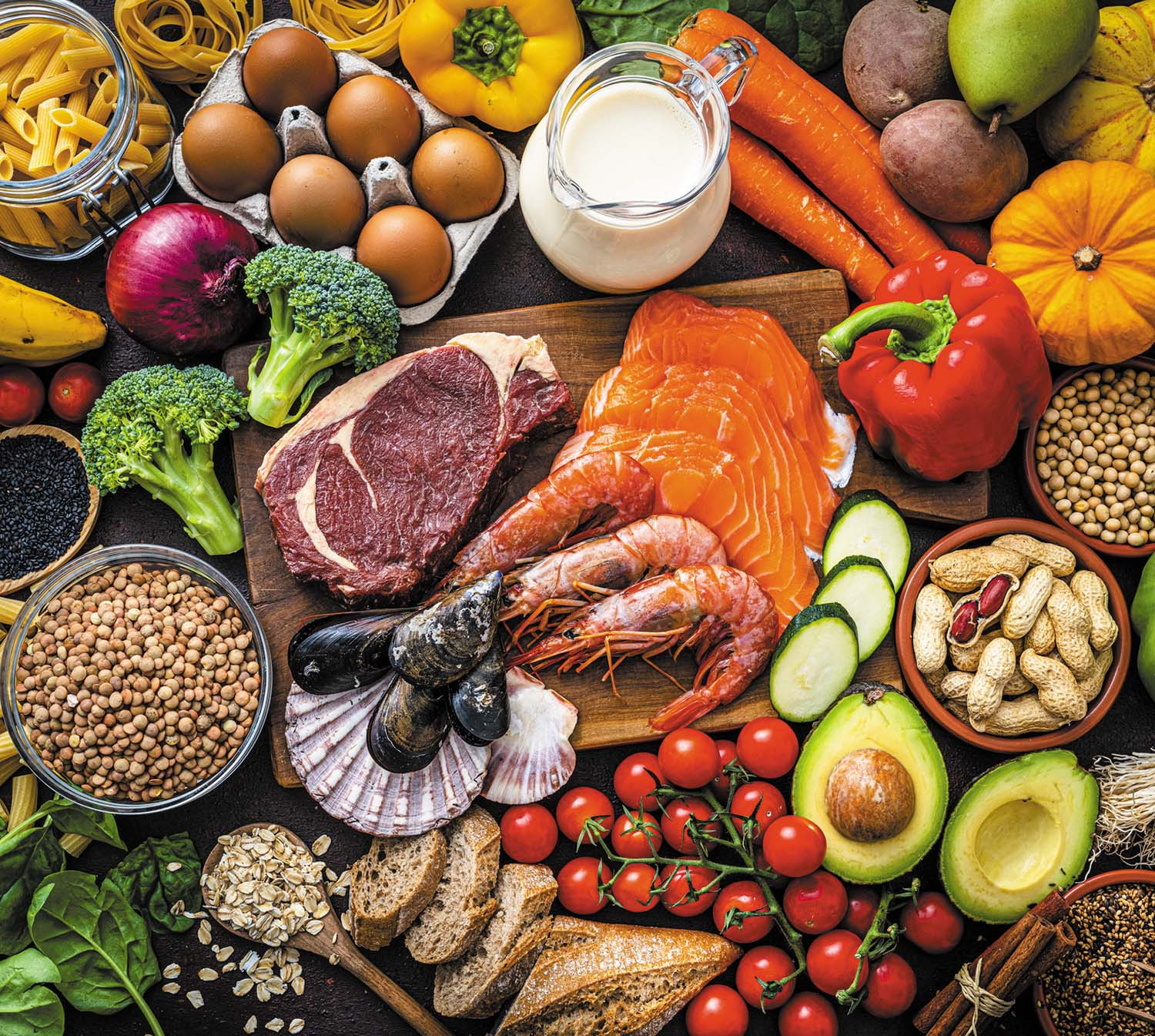Saturated fat: How much is okay?
Ask the doctor

Q. I was very interested in the May 2023 Heart Letter feature about Dr. Ludwig's research, which suggests that eating fewer carbohydrates and more protein and fat can help with weight loss and lead to better health outcomes. But his menus and recipes include foods that contain saturated fat, such as meat and full-fat dairy products. For many years, we heard from reputable sources that we should aways limit saturated fat. This is very confusing! Can you explain?
A. You're right about advice to limit saturated fat in your diet, which stems from the fact that eating too much saturated fat tends to raise levels of harmful LDL cholesterol. But not everyone agrees on what the limit should be. The American Heart Association advises a limit of 5% to 6% of your daily calories, while the Dietary Guidelines for Americans says 10% is fine. Registered dietitian Kathy McManus, who directs the Department of Nutrition at Harvard-affiliated Brigham and Women's Hospital, suggests a happy medium of 7%. That happens to be the typical amount of saturated fat in the heart-friendly Mediterranean-style diet.
She analyzed the nutrient composition of the sample menu in the feature you referenced ("Cut calories or carbohydrates for better heart health?" in the May 2023 Heart Letter). The three meals and snack include about 1,900 calories, which is just below the 2,000 daily calories recommended for the average woman. About 12% of the calories in Dr. Ludwig's sample menu are from saturated fat, which isn't too much higher than the Dietary Guidelines limit of 10%. Also, a 1.3-ounce piece of dark chocolate contains about eight grams of saturated fat, which is close to one-third of the 25 total grams of saturated fat in this menu. If you omitted the chocolate, the saturated fat in this sample menu would be around 8% of the total calories.
But here's the thing: Most people don't want to spend time calculating their calories or saturated fat, which is why McManus and many other nutrition experts recommend focusing more on eating mostly whole or minimally processed foods, which is also one of Dr. Ludwig's main messages. As she notes, his menu doesn't include refined, processed carbohydrates like white rice, white bread, sugary drinks, or other sweets. Muffins, cookies, pie, and other baked goods often contain quite a bit of saturated fat because they're made with butter, lard, vegetable shortening, or tropical oils such as palm or palm kernel oil.
Finally, although dark chocolate has saturated fat, it also contains heart-protecting plant compounds known as flavanols, which appear to outweigh the risk from saturated fat, according to nutrition experts at the Harvard T.H. Chan School of Public Health.
Image: © fcafotodigital/Getty Images
About the Author

Christopher P. Cannon, MD, Editor in Chief, Harvard Heart Letter; Editorial Advisory Board Member, Harvard Health Publishing
Disclaimer:
As a service to our readers, Harvard Health Publishing provides access to our library of archived content. Please note the date of last review or update on all articles.
No content on this site, regardless of date, should ever be used as a substitute for direct medical advice from your doctor or other qualified clinician.
















